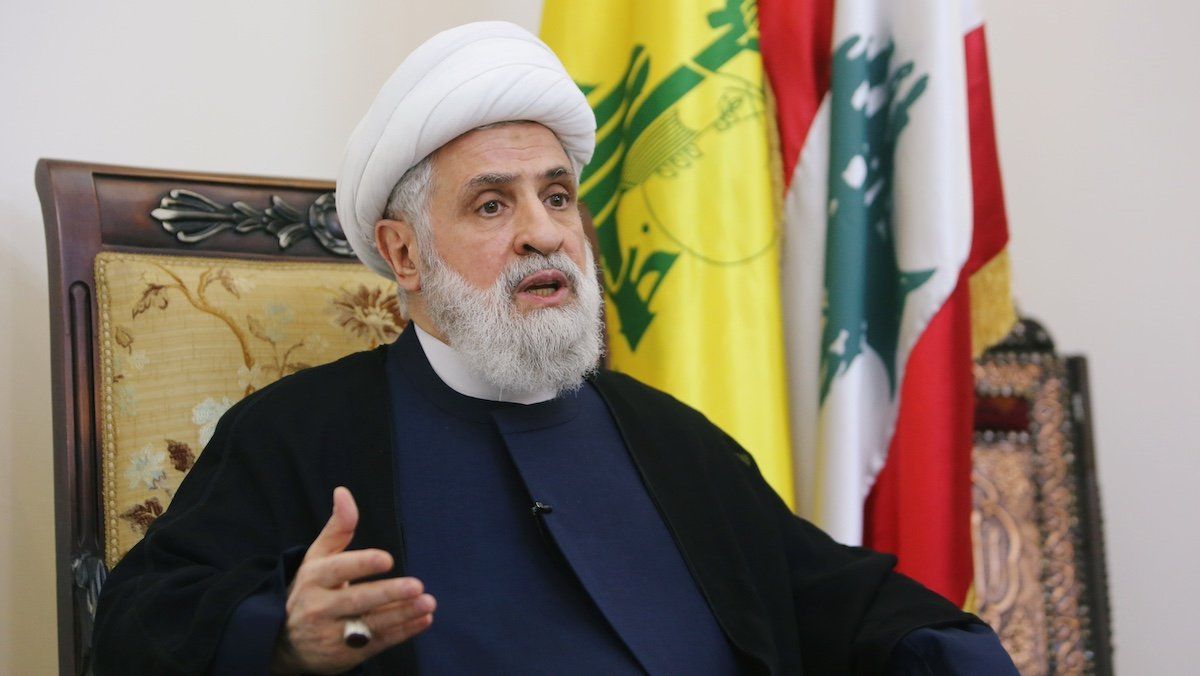Hezbollah on Tuesday named cleric Naim Kassem, 71, as its new leader. Kassem was a longtime deputy of Hezbollah’s previous leader, Hassan Nasrallah, who was killed by an Israeli airstrike last month.
Kassem inherits Nasrallah’s job at a precarious moment for Hezbollah, which has been fighting with Israel since Hamas attacked the Jewish state last October. The conflict escalated when Israel launched a ground invasion of Lebanon earlier this month.
Israeli Defense Minister Yoav Gallant responded to Kassem’s appointment by posting his picture to X with the caption, “Temporary appointment. Not for long.”
Mixed signals. Kassem has often been the public face of the Iran-backed Lebanese militant group, a role that’s increased since Nasrallah’s death.
On Oct. 8, Kassem gave a speech in which he expressed support for a cease-fire in Lebanon, without explicitly linking a truce to an end of the Gaza war — a condition upon which Hezbollah previously insisted. But in another speech on Oct. 15, Kassem signaled Hezbollah wouldn’t agree to a deal that didn’t include an end to Israel’s offensive in Gaza.
In the days ahead, we’ll be watching to see if Kassem takes a clearer position on a cease-fire now that he’s officially the new voice of Hezbollah.
